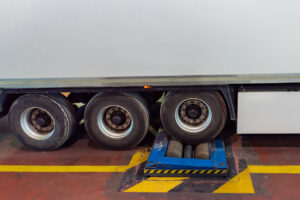
In December 2019, the Electronic Logging Device (ELD) rule took effect, requiring that most motor carriers use electronic devices that synchronize with the vehicle engine to track driver hours of service (HOS) instead of paper logbooks. The rule is intended to help create a safer work environment for drivers, making it easier and faster to … Continue reading “Controlling Driver Log Falsification”









